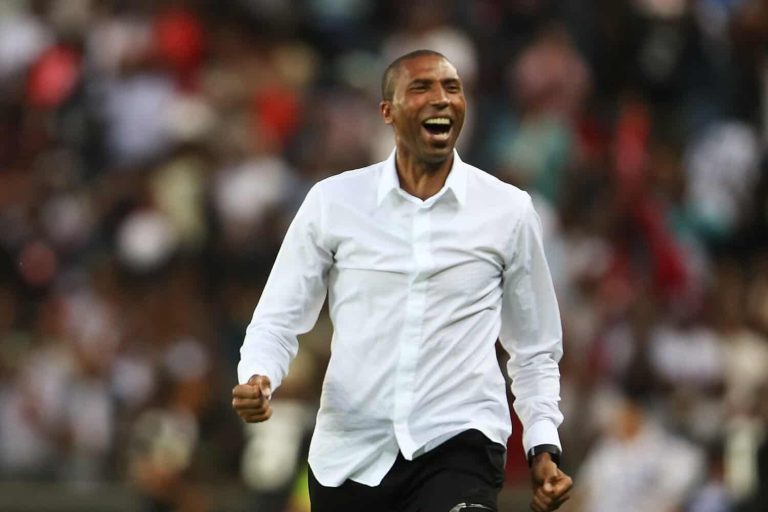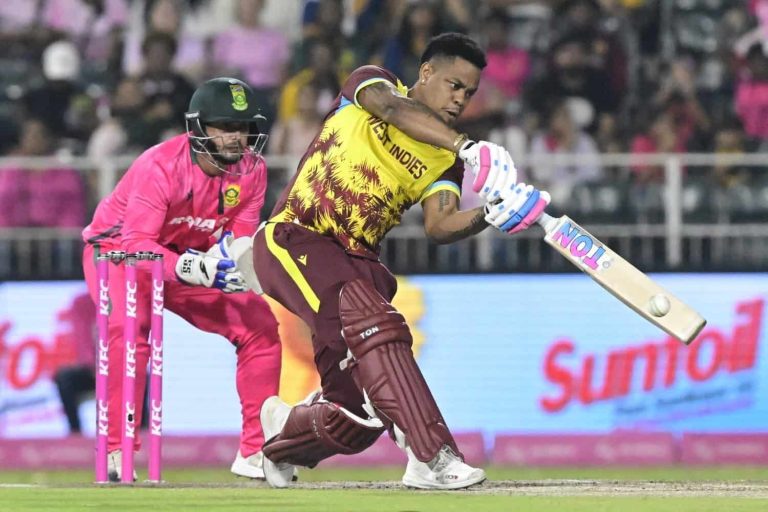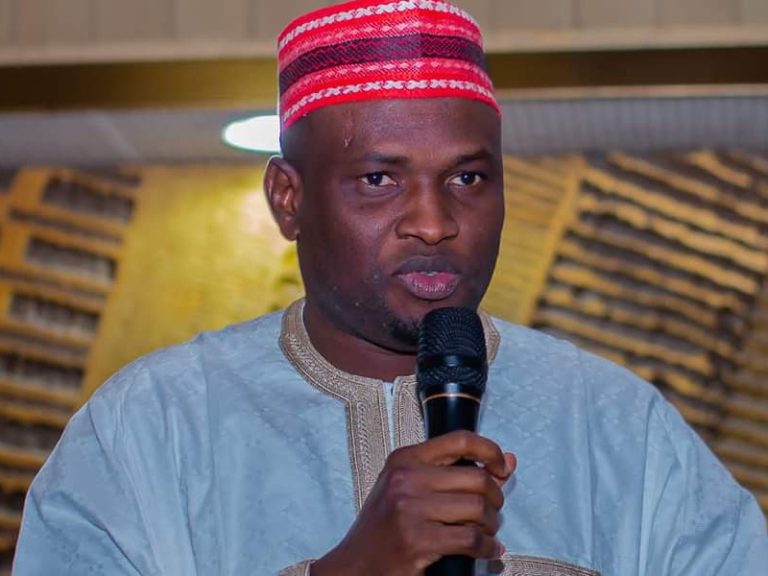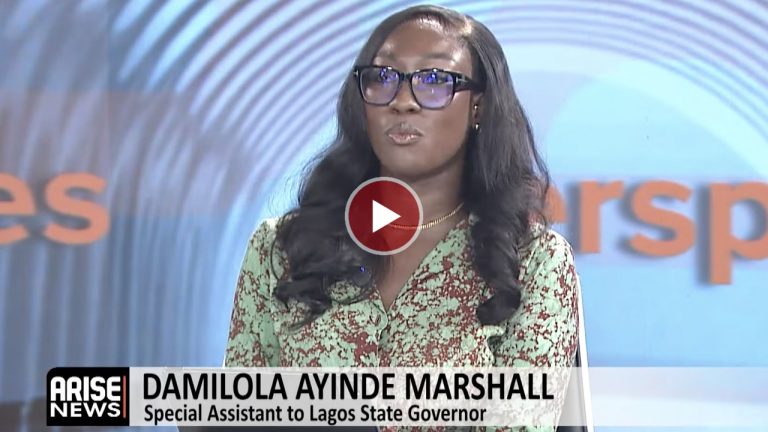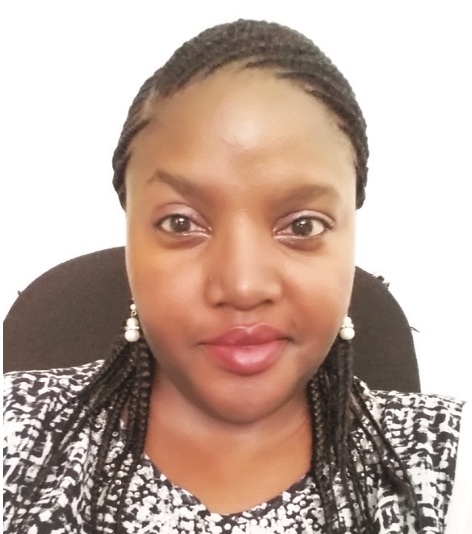
Screenshot

Why don’t the elite vote? This is a question Justice Simon Byabakama, the chairperson of the Electoral Commission, asked the audience as he delivered the keynote address, at Sheraton Kampala Hotel, on Thursday, October 30, 2025 during the high-level stakeholders dialogue on human rights and 2026 Elections.
The Cambridge dictionary defines the elite as ‘the richest, most powerful, best-educated, or best-trained group in a society.’ In Uganda, the elite are the middle class and wealthy individuals.
Therefore, the perception is that it is the lower classes that have a tendency to vote during elections. The irony is that in Uganda, while the number of registered voters in the updated voters’ register has been steadily increasing from 2011, ironically the number of voters turning up to vote has been decreasing over the same period.
This low voter turnout has baffled the Electoral Commission, especially since it teaches voter education and government invests billions of shillings in the electoral process. First of all, voting in Uganda is not compulsory; choosing not to vote is not a crime.
Therefore, if the elite don’t vote, it is because the law does not compel them to do so. Some elite openly admit that they have never voted. They say they would rather express their political opinions on social media.
Secondly, some elite are apolitical. They are not interested in politics because they feel that the whole process is flawed. They believe that ‘politics is a dirty game’ that is full of ‘politricks’ (a word that combines politics with tricks).
Instances that inform this view are when they see or hear reports of open voter bribery being carried out in broad daylight, in the form of money handouts and small gifts, as was the case with the recently concluded primaries.
Generally, the monetisation of politics has made democracy more expensive and it gives the impression that only the rich (or those who are being sponsored or funded by a political godfather or godmother to carry out a political agenda) can win an election.
What is more, if the elite think the results are predetermined, that the election is going to be rigged to favour a particular political candidate, then they will not line up under the hot sun to cast their vote at a polling station because their vote will not make a difference anyway.
Whilst vote-hunting, some candidates make unrealistic promises, which are impossible to fulfil. If a voter voted during a previous election and the candidate of their choice did not win, then this disappointment creates a feeling of voter apathy or voter fatigue.
Some elite think democracy does not exist in Africa, especially in African nations where the winner of a presidential election (this usually happens with incumbents) wins with over 90 per cent of the vote.
Such landslide victories are usually viewed with suspicion by the citizens because how can one person be that popular? Perhaps he or she has silenced the opposition’s voice of dissent?
If that is the case, then how were the elections free and fair? Another reason is voter intimidation. The presence of the military is always welcome during an election, in order to reinforce the police, because it is imperative to provide security and maintain law and order during the entire electoral process.
However, during the Kawempe North by-election, held in March 2025, the heavy military presence created an atmosphere of a warzone.
The anonymous security operatives, with faces concealed by masks, caused voter intimidation, which indirectly disenfranchised voters because some voters were afraid to step out of their houses to vote at the various polling stations.
Out of fear of being caught up in the election violence, many preferred to remain indoors at home where they felt safe and sound. However, as with all stereotypes, there are exceptions to the rule.
There are still some elite in Kampala who do vote during general elections for various reasons. One reason is to fulfil their civic duty and right, which makes them feel patriotic. Others vote because they want to support the candidate of their choice.
For the voters, the entire electoral process becomes a rewarding exercise when the candidate of their choice wins an election. Uganda’s upcoming presidential elections are scheduled to take place on Thursday, January 15, 2026.
The writer works for Uganda Media Centre.
